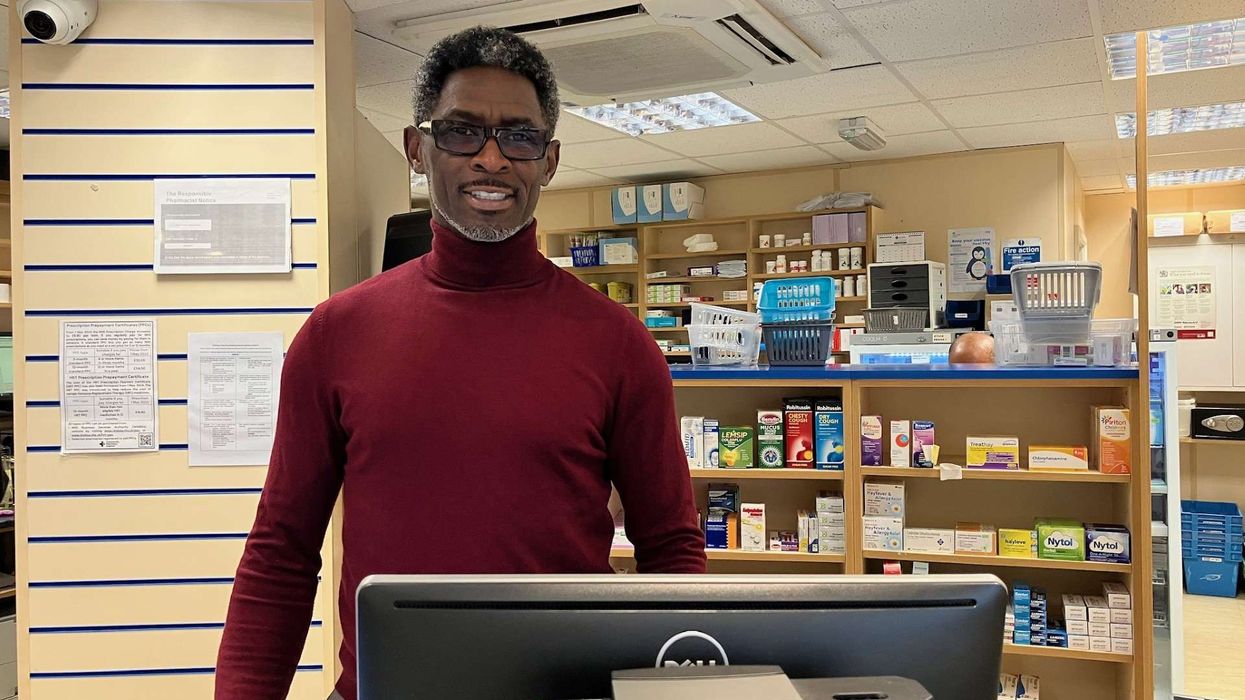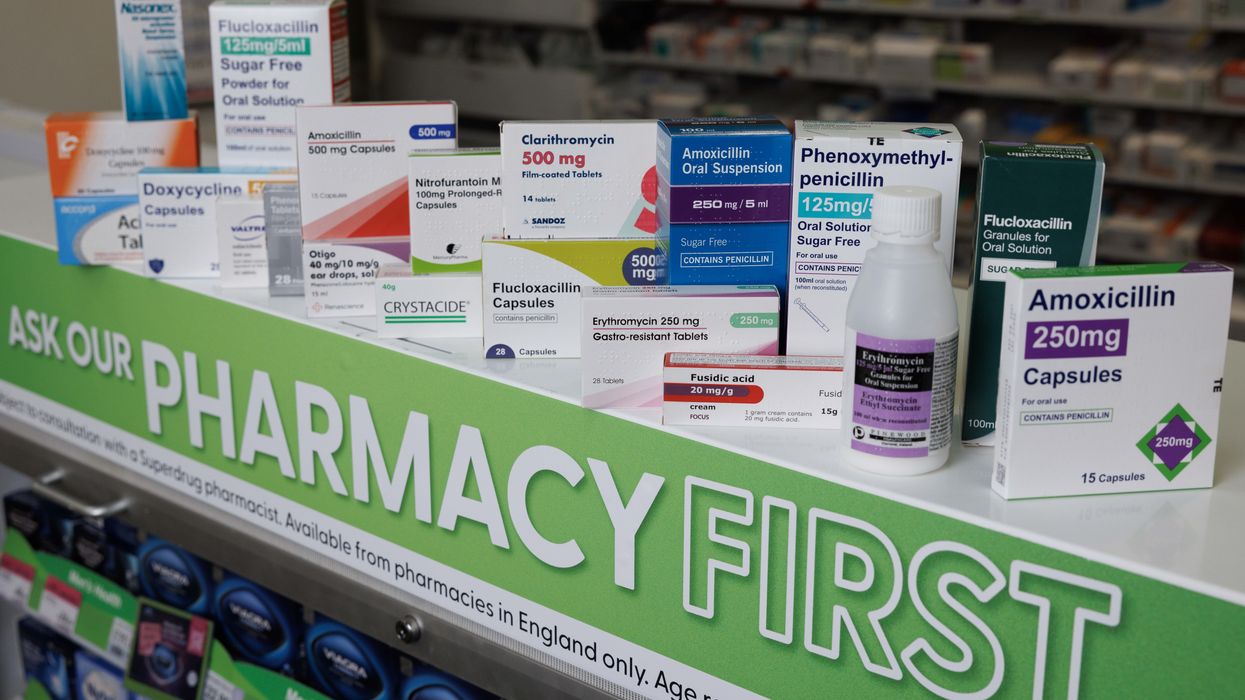By Jeremy Holmes
The recent festive season made many pharmacies – and other businesses – think about gifts for their staff. Even if Christmas isn’t recognised by all staff members, the year-end can be a good opportunity to celebrate what the team has done, and show management’s appreciation.
But there are traps. Gifts seen as expensive can get people saying “If they can afford that, why can’t they give us a pay rise?”
On the other hand, no gift at all, especially if other businesses are providing them, can be seen as very mean. Even striking a balance with a modest gift can backfire; I heard someone describe the small chocolate selection they were given as “unbearably patronising”.
And beware of anything humorous! Not everyone finds the same thing funny, and some might actually find it offensive.
From a tax perspective, there aren’t any issues if a gift is considered “trivial” by HMRC. That means it costs less than £50 per person, it isn’t cash or a cash voucher, it isn’t a performance reward, and it’s not in an employee’s terms of contract.
You can also provide a staff party without any tax implications if it costs less than £150 per head, it’s an annual event, and it’s open to all employees.
But a bottle of bubbles for each employee? That’s tricky. Some won’t want alcohol, and even if they’re OK with that do you really want to promote drinking?
Plus, any gift that’s overtly linked to Christmas or any other religious festival risks offending some staff regardless of what it is.
So what do you do? Management gurus say it’s the personal touch that counts. But a hand-written message for every member of staff can take a lot of time – and if everyone gets one it can undermine the value for each individual.
It’s also clear that gifts can’t repair a poor management/staff relationship – there needs to be much more focused work on that throughout the year.
Steve Churton, former Head of Professional Practice at Boots UK, says “the key motivator for people is simply recognition. The fact you care about them, and appreciate what they do for the business. Saying “thank you” regularly can empower people far more than tangible gifts, which are often forgotten in time. Personal empowerment lasts forever”.
Some gifts, if they’re relevant, can quietly support the corporate culture or ways of working. Stylish notebooks that people are proud to use. Maybe quality shortbread if you’ve opened a new Scottish branch.
But most importantly, recognising your staff’s contribution can’t just happen with an annual gift. The most under-used phrase in management is probably still “thank you”.
Jeremy Holmes is a former CEO & Registrar of the Royal Pharmaceutical Society. He was previously a management consultant and health economist and is currently a non-executive director of various healthcare bodies.










